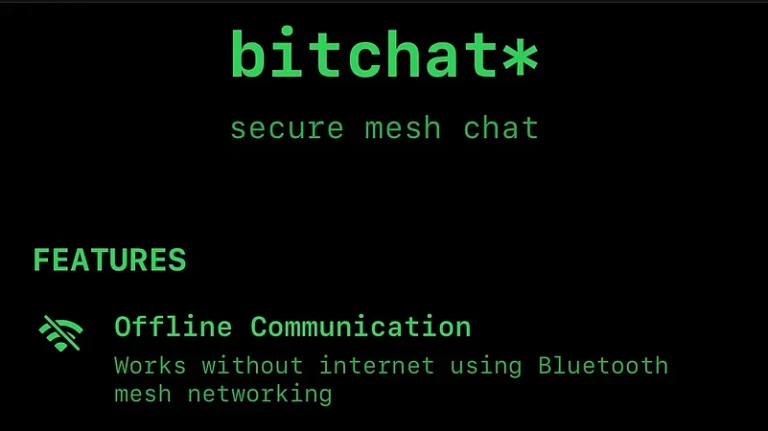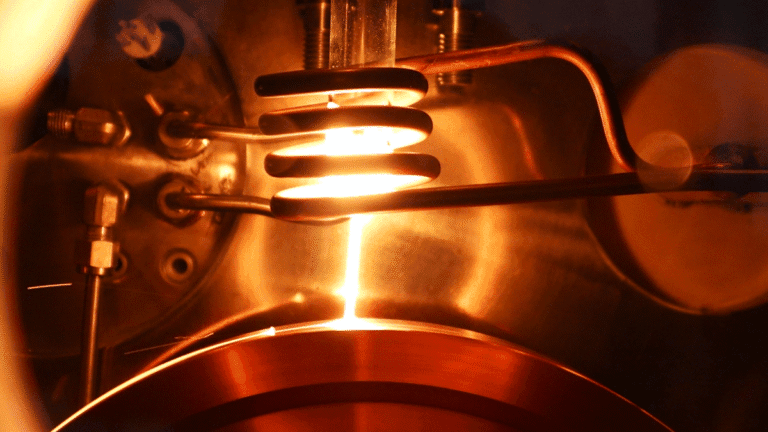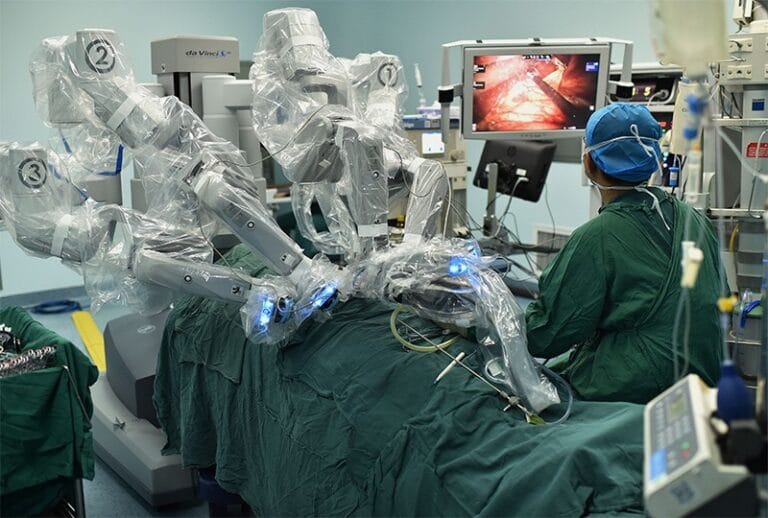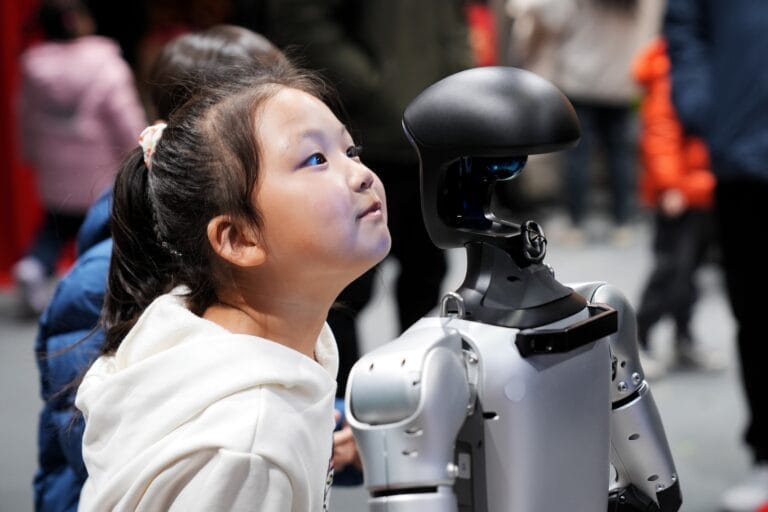
In a breakthrough for food safety, scientists have developed an AI-powered “electronic tongue” that can determine whether food has spoiled. This innovative device uses advanced artificial intelligence algorithms to analyze the chemical composition of food and detect signs of spoilage before it becomes visible or harmful.
Traditionally, food spoilage is detected through smell, taste, or visual cues, often after the food has already gone bad. The electronic tongue, however, offers a more precise and timely detection method by analyzing molecular changes. Equipped with sensors that mimic the human taste system, it can pick up on the early stages of decomposition, such as changes in pH levels, volatile compounds, and other indicators of bacterial growth.
How the Electronic Tongue Works
The electronic tongue uses a combination of sensors and machine learning to identify spoilage markers. When a food sample is placed on the device, the sensors collect data on various chemical properties, which is then processed by the AI system. The AI compares the data to a database of known spoilage patterns, providing an accurate and near-instant evaluation of the food’s freshness.
This technology has the potential to revolutionize the way we handle food safety. From households to restaurants, and even food manufacturers, the electronic tongue could reduce the risk of foodborne illnesses and help minimize food waste. Instead of relying on expiration dates, which are often inaccurate, this AI-powered solution provides real-time data about a product’s actual condition.
Applications and Future Impact
The electronic tongue is poised to have a significant impact across various industries. In restaurants and supermarkets, it can be used to test perishable items like meat, dairy, and seafood, ensuring that only fresh products make it to consumers. For food manufacturers, the device could serve as a quality control tool, verifying that products are fresh and safe before they leave the factory.
Beyond food safety, the electronic tongue could also enhance food quality by helping producers fine-tune their products based on sensory data. Chefs and food scientists can use the device to perfect flavors and textures by analyzing how different ingredients interact on a molecular level.
Challenges and Future Developments
While the technology is promising, there are still challenges to overcome. The accuracy of the electronic tongue depends on the quality of the training data provided to the AI system. As the database of food spoilage patterns grows, the system will become even more precise in its predictions. Additionally, making the technology affordable and accessible to a wide range of users will be key to its widespread adoption.
As research in this field continues, the electronic tongue may become a standard tool in kitchens and food production facilities around the world. With the potential to reduce food waste, improve safety, and even enhance culinary creativity, this AI-powered device represents a major step forward in food science and technology.






